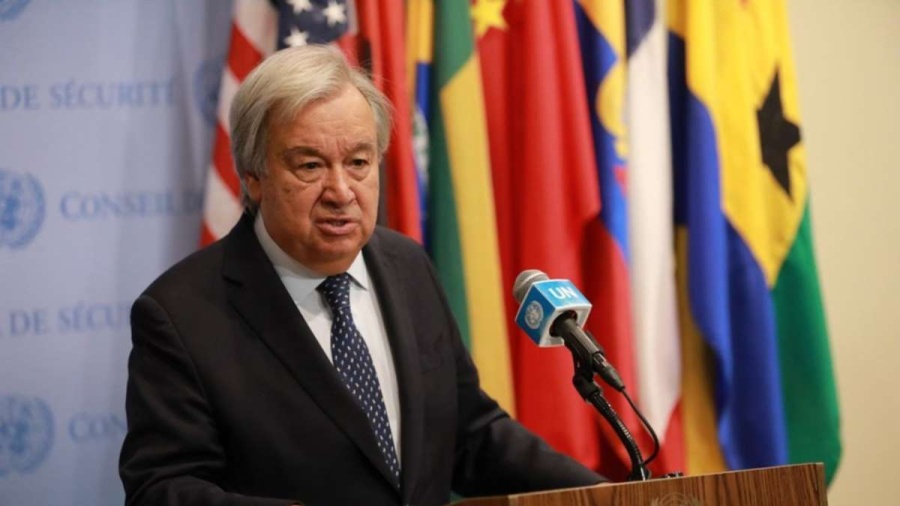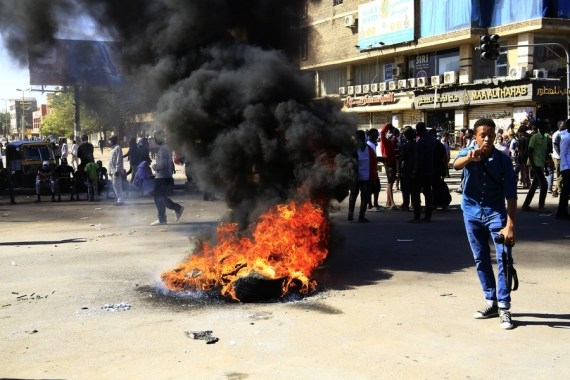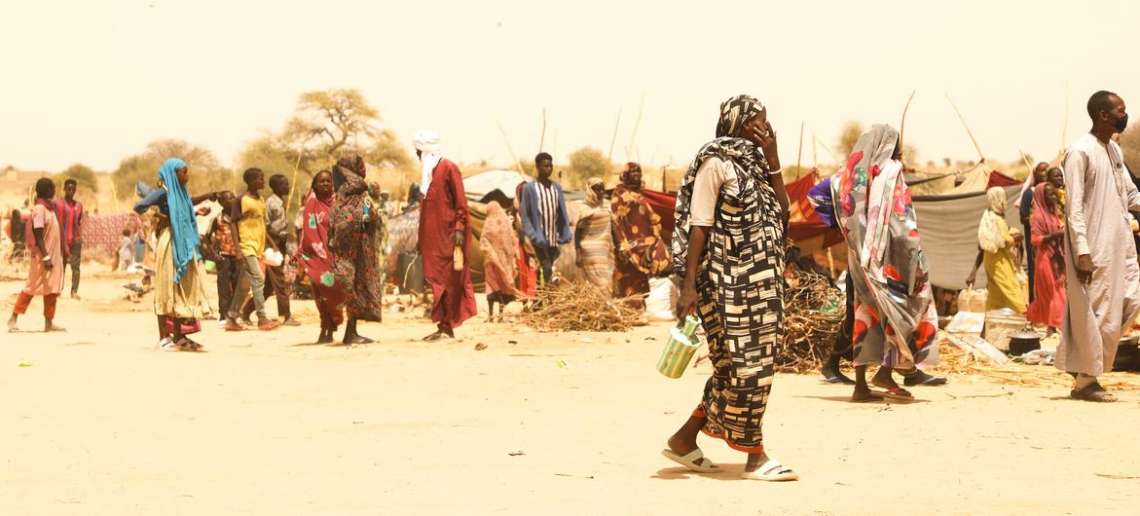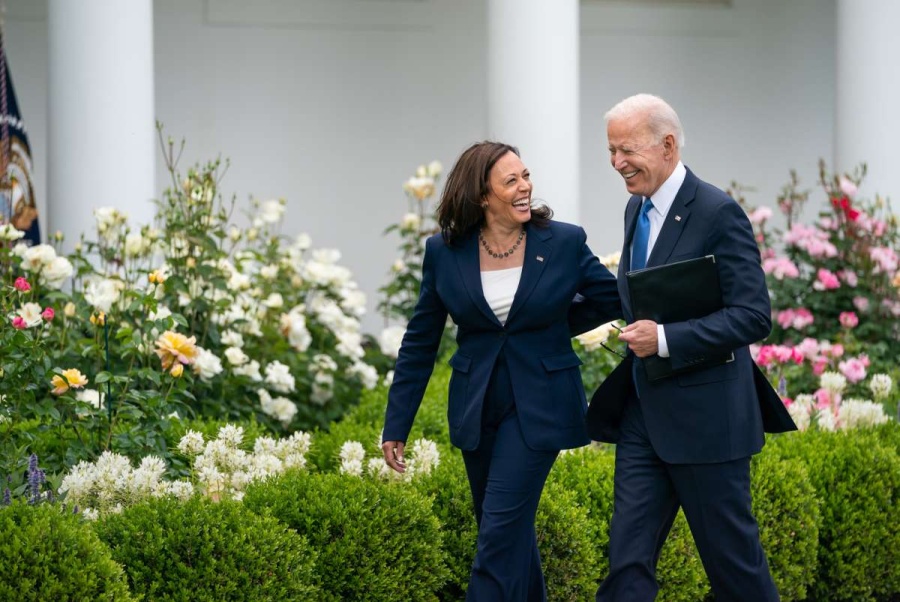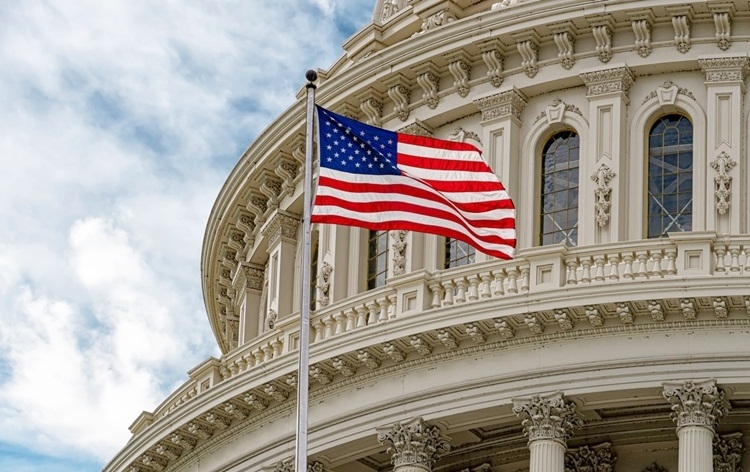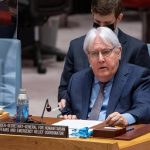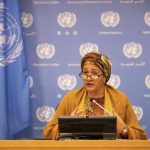Delegates from Arab countries and leading international bodies delivered remarks at the passing of the pact…reports Asian Lite News
UN member states have adopted the Pact for the Future, a campaign by the organization to bring multilateralism “back from the brink.” The pact encourages countries to cooperate on tackling global issues including peace and security, the environment, finance and more.
It came on the first day of the Summit of the Future, held on Sept. 22-23 during the 79th UN General Assembly. The pact is as an attempt by the UN to revive trust in multilateralism and galvanize support for the organization’s Sustainable Development Goals, which were launched in 2015.
However, critics have described the pact as having been diluted and rendered toothless, with some warning that it may join a list of long-forgotten UN campaigns. Amid raging wars in Ukraine and the Middle East, the UN has faced growing criticism over its inefficacy in confronting security issues and other challenges.
Delegates from Arab countries and leading international bodies delivered remarks at the passing of the pact. The motion to adopt the framework passed with 143 yes votes, seven no votes and 15 abstentions from member states.
Opposition was led by Russia, a permanent member of the UN Security Council, followed by countries including Iran, Syria, North Korea and Sudan. Prominent regional powers, including Saudi Arabia, China and Malaysia, abstained. Among Arab countries, Saudi Arabia was supported in its abstention by Iraq and Oman.
Speaking after the passing of the pact, UN Secretary-General Antonio Guterres hailed the “strong engagement, creativity and spirit of compromise” of member states. “We are here to bring multilateralism back from the brink,” he said. “Our multilateral tools and institutions are unable to respond effectively to today’s political, economic, environmental and technological challenges, and tomorrow’s will be even more difficult and even more dangerous.”
The pact is annexed by a Global Digital Compact and Declaration on Future Generations, which cover technologies such as artificial intelligence and youth issues, respectively. In his speech, Guterres conceded to long-running criticism of the UNSC, in which the five states made permanent members in 1945 — the US, UK, France, Russia and China — still retain veto powers.
The UNSC “is outdated and its authority is eroding,” he said. “Unless its composition and working methods are reformed, it will eventually lose all credibility. “The Pact for the Future, the Global Digital Compact and the Declaration on Future Generations open pathways to new possibilities and opportunities.
“On peace and security, they promise a breakthrough on reforms to make the Security Council more reflective of today’s world, addressing the historic under-representation of Africa, the Asia-Pacific and Latin America.” UNGA President Philemon Yang hailed the pact as an attempt to “lay the foundations for a sustainable, just and peaceful global order — for all peoples and nations.”
Arab delegates from Yemen, Qatar and Iraq delivered remarks after the passing of the pact on Sunday. Prominent civil society figures and celebrities were present at the UN headquarters on the summit’s opening day to lend support for the pact, including Malala Yousafzai, singer Renee Fleming and Danish actor Nikolaj Coster-Waldau.
Qatari UN Youth Representative Ghanim Mohammed Al-Muftah called for action on disability rights in a speech to the chamber. “The decisions that we make today are not just about policies … They are about shaping a world where all children can thrive in an inclusive, safe and sustainable future,” he said.
But children in Gaza have “no choice,” Al-Muftah added, saying it is “in our hands to stop the violence” in the Palestinian territory. “The future belongs to our youth. We must ensure that they are prepared to take on leadership roles in order to be the change-makers … You must be the change you wish to see in this world.”
Yemeni President Rashad Al-Alimi told the chamber that despite the past decade being “full of suffering and difficult challenges” for his country, Yemenis “remain steadfast and determined in their quest for a better future.”
He added: “We are full of hope that we can prove that with your support and encouragement that countries that can go through conflict … are able to keep up with international progress.”
Iraqi President Mohammed Al-Sudani said his country is using technology and ingenuity to combat climate change and other challenges.
“We believe that science and technology are the foundation of sustainable development,” he said, adding that Iraq is committed to reinvigorating multilateralism and respect for international law.
ALSO READ: Report Reveals Secret Service ‘Failures’ Before Trump Assassination Bid


